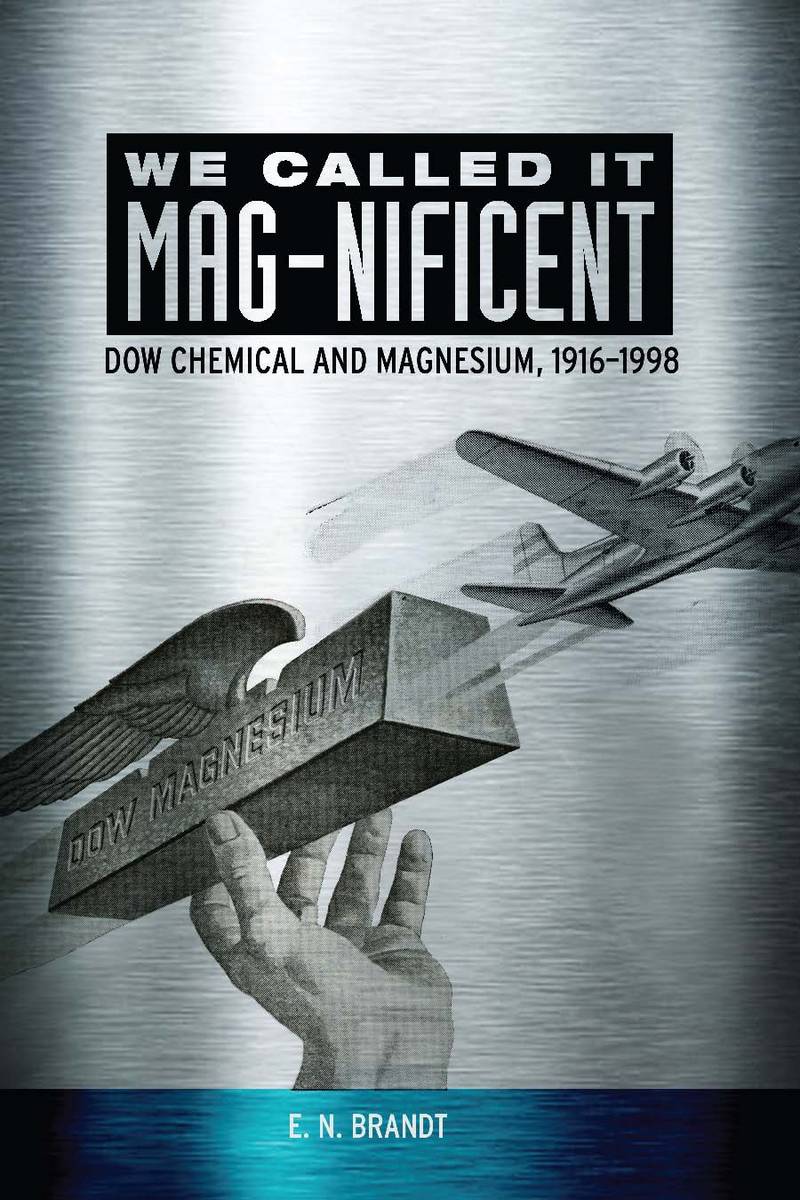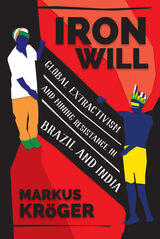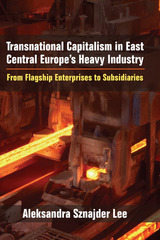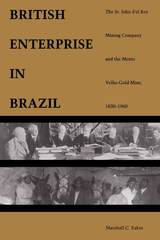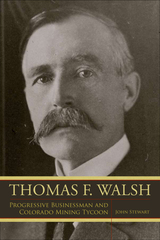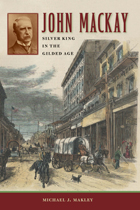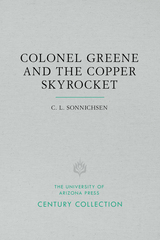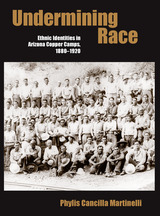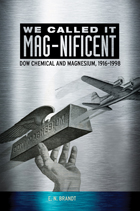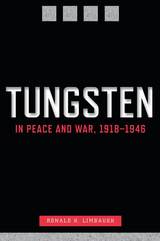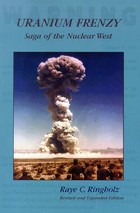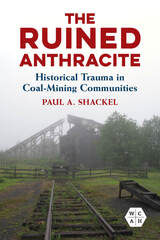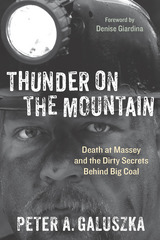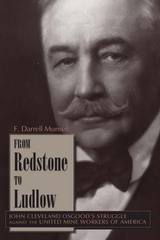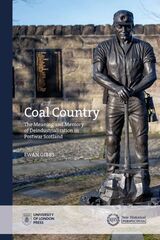We Called it MAG-nificent: Dow Chemical and Magnesium, 1916-1998
Michigan State University Press, 2013
Cloth: 978-1-61186-075-7 | eISBN: 978-1-60917-363-0
Library of Congress Classification HD9539.M28D683 2013
Dewey Decimal Classification 338.766967230973
Cloth: 978-1-61186-075-7 | eISBN: 978-1-60917-363-0
Library of Congress Classification HD9539.M28D683 2013
Dewey Decimal Classification 338.766967230973
ABOUT THIS BOOK | AUTHOR BIOGRAPHY | TOC | REQUEST ACCESSIBLE FILE
ABOUT THIS BOOK
During World War I, in 1916, Herbert Dow, founder of The Dow Chemical Company, received news of “star shells,” weapons that glowed eerily as they descended over the trenches of the enemy, making them easier to attack. The critical component in these flares was magnesium, a metal that was suddenly in great demand. Dow, along with a half-dozen other U.S. firms, swiftly began manufacturing magnesium, but by 1927 Dow was the only U.S. company still in the business. Dow’s key innovation was a method of extracting the metal from seawater, an engineering accomplishment finally achieved at Freeport, Texas, only eleven months prior to the Pearl Harbor attack. Dow was the principal supplier of magnesium for U.S. and British planes during World War II, a distinction that ironically yielded an indictment from the U.S. government on monopoly charges. The company eventually became the world’s largest manufacturer of magnesium until 1990, when the Chinese entered the market and offered the metal at rock-bottom prices. Dow quietly ended its production of magnesium in 1998. Brandt’s history is an engaging look at Dow’s eighty-three-year romance with this remarkable metal.
See other books on: Brandt, E. N. | Dow Chemical Company | Magnesium | Science | United States
See other titles from Michigan State University Press
